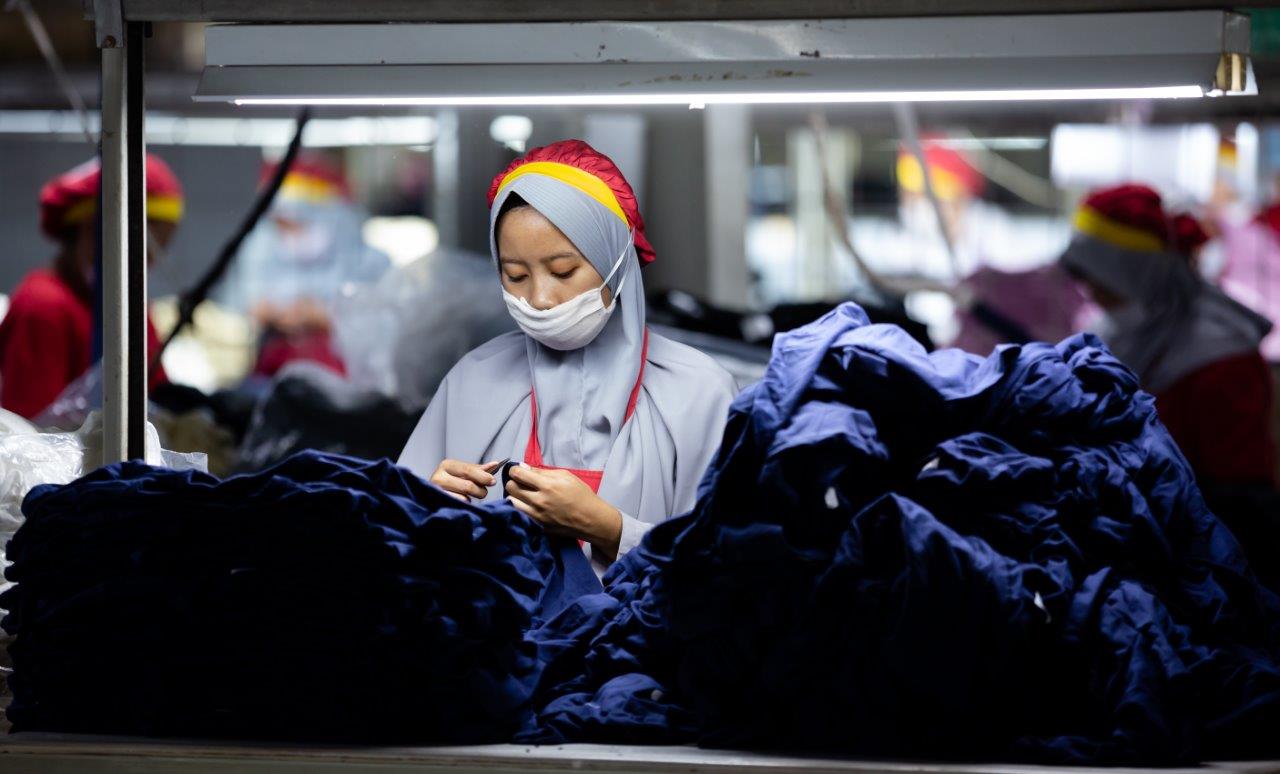Every person has the right to a safe and secure working environment
A safe working environment is a fundamental right and crucial for productivity, innovation, and prosperity. However, violence and harassment, particularly gender-based, remain pervasive issues affecting many workers globally. Addressing these issues is essential for improving women's positions in the labour market.
According to research of the International Labour Organisation (ILO), over 23% of workers worldwide have experienced violence and harassment at work, including physical, psychological, or sexual forms. Young people, especially young women, are at higher risk, with only half of the victims reporting their experiences.
ILO Convention 190: A Landmark Achievement
On 21 June 2019, the ILO adopted Convention 190, marking a historic step towards combating workplace violence and harassment. This Convention is the first global standard dedicated to ensuring a safe working environment, representing a significant tool for governments, employers, and workers worldwide.
According to ILO research, more than 23 per cent of workers worldwide have experienced violence and harassment at work, whether physical, psychological or sexual. Young people, especially young women, are at increased risk. Only half of victims share their experiences with others, often only after multiple incidents.
Key Features of ILO Convention 190
Why is this convention so unique and important?
- Global Standard: The first of its kind to guarantee a violence-free working environment.
- Minimum Standards: Sets baseline protections and guidelines.
- Comprehensive Roadmap: Provides a framework for social dialogue between trade unions and employers.
Progress and Challenges: Five Years On
Despite increasing ratifications, only 44 countries have ratified Convention 190 so far. The European Union urges its Member States to adopt the Convention, with the Netherlands currently in the ratification process. Globally, trade unions are advocating for the careful and swift implementation of the Convention.
Video : Unions share progress and challenges
Although the convention was created in 2019 and came into action in June 2021, few nations have yet ratified it although many are preparing to. Even the Netherlands, although it is preparing, still hasn’t done so. In addition, women still face economic discrimination, earning less than male colleagues for the same work. This problem is worldwide, occurring in developing countries and here in the Netherlands.
CNV Internationaal invited unions from Africa, Asia and Latin America to share experiences and challenges.
Watch the video:
Understanding Ratification
Ratification is the formal acceptance of a Convention by a State, requiring extensive preparation and legal adjustments. CNV International collaborates with partner organizations to support this process and elevate workplace violence prevention on national agendas.

Active Role of Trade Unions
Trade unions worldwide play a vital role in reducing workplace violence, guided by ILO Convention 190 and Recommendation 206. They negotiate policies in collective agreements leading to significant improvements.
CNV International is active in 19 countries, with El Salvador, Peru, and South Africa already ratifying the Convention. Colombia is expected to follow soon, thanks to CNV International's support, including the establishment of a tripartite agreement.
CNV International's Support Initiatives
- Safe Factories: In Indonesia, unions initiated Gender-based Violence Free Factories agreements.
- Collective Bargaining Agreements: Increasingly include provisions regarding elimination and prevention of violence and harassment.
- Awareness raising: In Côte d'Ivoire, unions educate workers about the Convention and national laws, encouraging reporting.
- Helplines: In Benin and Niger, unions have set up toll-free numbers for support, offering mediation, legal, and psychological assistance.
The road to worldwide implementation
Continued collaboration is essential for a safe working environment for all.
Together, we must continue to work towards a safe working environment for all. Convention 190 provides an important basis, but the road to full implementation requires ongoing commitment and attention
Publication date 19 06 2024


